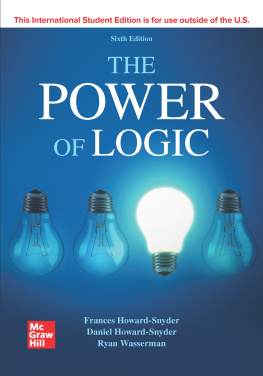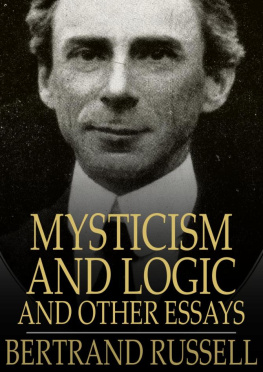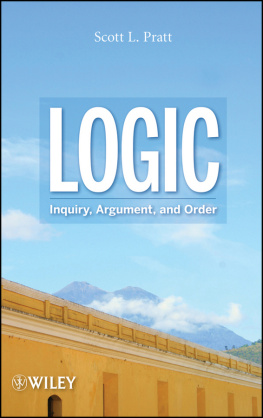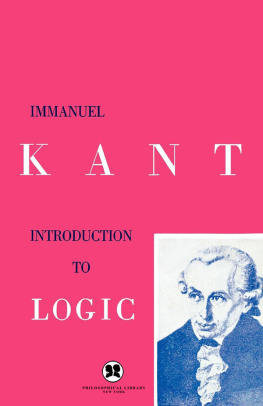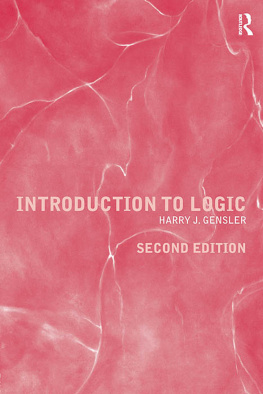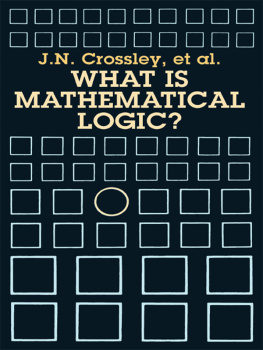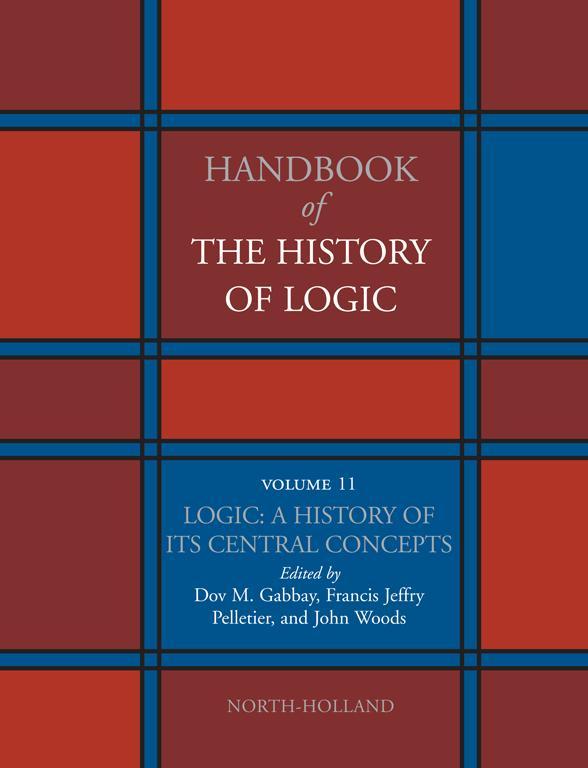Gabbay Dov M. - Handbook of the history of logic. Volume 11, Logic, a history of its central concepts
Here you can read online Gabbay Dov M. - Handbook of the history of logic. Volume 11, Logic, a history of its central concepts full text of the book (entire story) in english for free. Download pdf and epub, get meaning, cover and reviews about this ebook. City: Boston;Amsterdam, year: 2012, publisher: Elsevier Science;North Holland;Elsevier, genre: Religion. Description of the work, (preface) as well as reviews are available. Best literature library LitArk.com created for fans of good reading and offers a wide selection of genres:
Romance novel
Science fiction
Adventure
Detective
Science
History
Home and family
Prose
Art
Politics
Computer
Non-fiction
Religion
Business
Children
Humor
Choose a favorite category and find really read worthwhile books. Enjoy immersion in the world of imagination, feel the emotions of the characters or learn something new for yourself, make an fascinating discovery.

- Book:Handbook of the history of logic. Volume 11, Logic, a history of its central concepts
- Author:
- Publisher:Elsevier Science;North Holland;Elsevier
- Genre:
- Year:2012
- City:Boston;Amsterdam
- Rating:3 / 5
- Favourites:Add to favourites
- Your mark:
Handbook of the history of logic. Volume 11, Logic, a history of its central concepts: summary, description and annotation
We offer to read an annotation, description, summary or preface (depends on what the author of the book "Handbook of the history of logic. Volume 11, Logic, a history of its central concepts" wrote himself). If you haven't found the necessary information about the book — write in the comments, we will try to find it.
The Handbook of the History of Logic is a multi-volume research instrument that brings to the development of logic the best in modern techniques of historical and interpretative scholarship. It is the first work in English in which the history of logic is presented so extensively. The volumes are numerous and large. Authors have been given considerable latitude to produce chapters of a length, and a level of detail, that would lay fair claim on the ambitions of the project to be a definitive research work. Authors have been carefully selected with this aim in mind. They and the Editors join in the conviction that a knowledge of the history of logic is nothing but beneficial to the subjects present-day research programmes. One of the attractions of the Handbooks several volumes is the emphasis they give to the enduring relevance of developments in logic throughout the ages, including some of the earliest manifestations of the subject.
Gabbay Dov M.: author's other books
Who wrote Handbook of the history of logic. Volume 11, Logic, a history of its central concepts? Find out the surname, the name of the author of the book and a list of all author's works by series.



